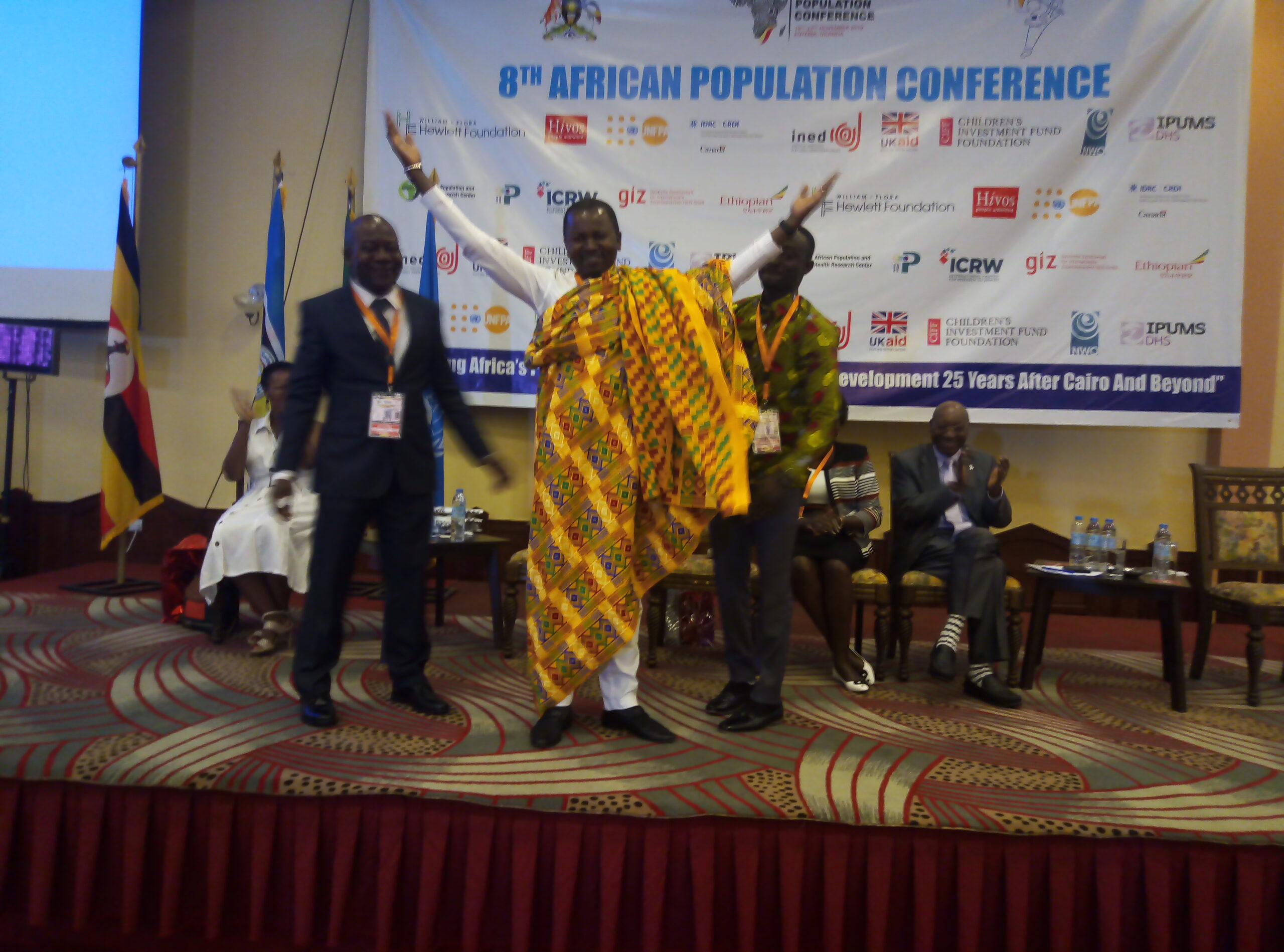
Population Conference closes in Uganda with Entebbe Declaration

The 8th Africa Population Conference came to a close on Friday in Uganda with resolutions that attendees dubbed the Entebbe Declaration. The engine behind the Africa Population Conference, the Union for Africa Population Studies (UAPS), also saw the incoming of new officials who will direct the organization over the next four years.
UAPS Vice President, Professor Nyovani Madise, while enumerating some of the resolutions in the Entebbe Declaration, rallied African Governments to commit sufficient resources towards population matters on the continent and to come up with data to achieve equity and fairness among various populations.

Further, she said that with the continent’s population standing at 1.3 billion people and a whopping 60 percent of those being youth aged 25 and under, there is a need to create job opportunities for this specific demographic.
She added that the continent is confronted with rapid urbanization, which has presented other challenges like sprawling slums, drug abuse and mental health issues among other socioeconomic impacts.
President of UAPS, Dr. Donatien Beguy on his part emphasized that the Union should be at the frontline of producing researchers to deal with emerging issues that affect sustainable development. He said it is high time the Union is counted among other global population umbrellas and becomes the vehicle through which population issues are tackled.

The outgoing President, Professor Samuel Codjoe, painted a picture of Chad, where the incoming president hails from, saying 37 percent of expectant mothers in that North-central African country do not access antenatal care, adding that 5 percent of women in Chad do not use contraceptives.
The next Conference will be held in four years at a yet-to-be-selected city.






